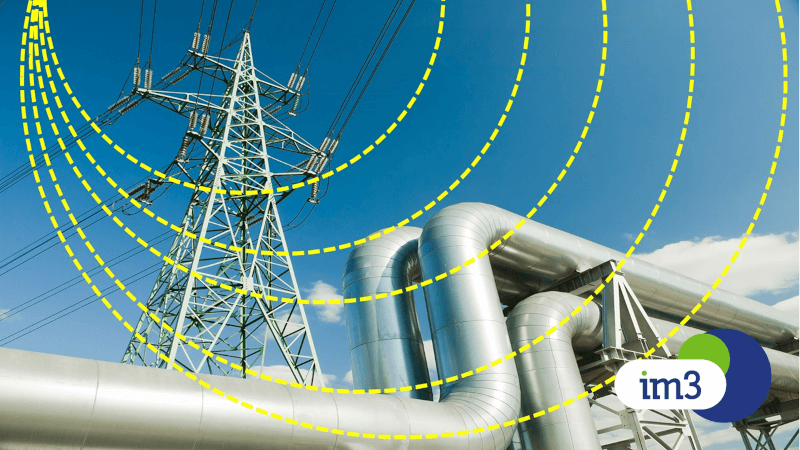28 Jul Studies of pipeline corrosion by electromagnetic induction
Effects of crossings and parallelisms of transmission power lines on Oil & Gas pipelines
The study of corrosion in pipes due to induction by power lines focuses on analyzing the effects generated by power lines near metal pipes due to electromagnetic coupling. This phenomenon is known as eddy current induced corrosion or electrical interference corrosion.
Electrical induced corrosion occurs when metal pipelines are exposed to fluctuating electromagnetic fields generated by nearby high-voltage power lines. These fields generate eddy currents in the pipes, which can lead to redistribution of the current on the pipe surface and cause localized corrosion.
Electrical induced corrosion can have several negative effects on pipelines. It can cause pipe wall thinning, pitting corrosion, cracking and premature pipe failure. These problems can compromise the structural integrity of the pipelines and have serious consequences, such as fluid and gas leaks, environmental contamination, or even fatal accidents.
The study of corrosion in pipes by electrical induction implies a series of evaluation, measurement and analysis activities, which seek to understand the corrosion mechanisms associated with electrical interference and develop strategies to prevent or mitigate its effects. This helps ensure the integrity and useful life of the facilities.
For more information, contact Camilo Meléndez, director of Electrical Studies at Im3.
Im3, committed to asset management and condition monitoring!!


